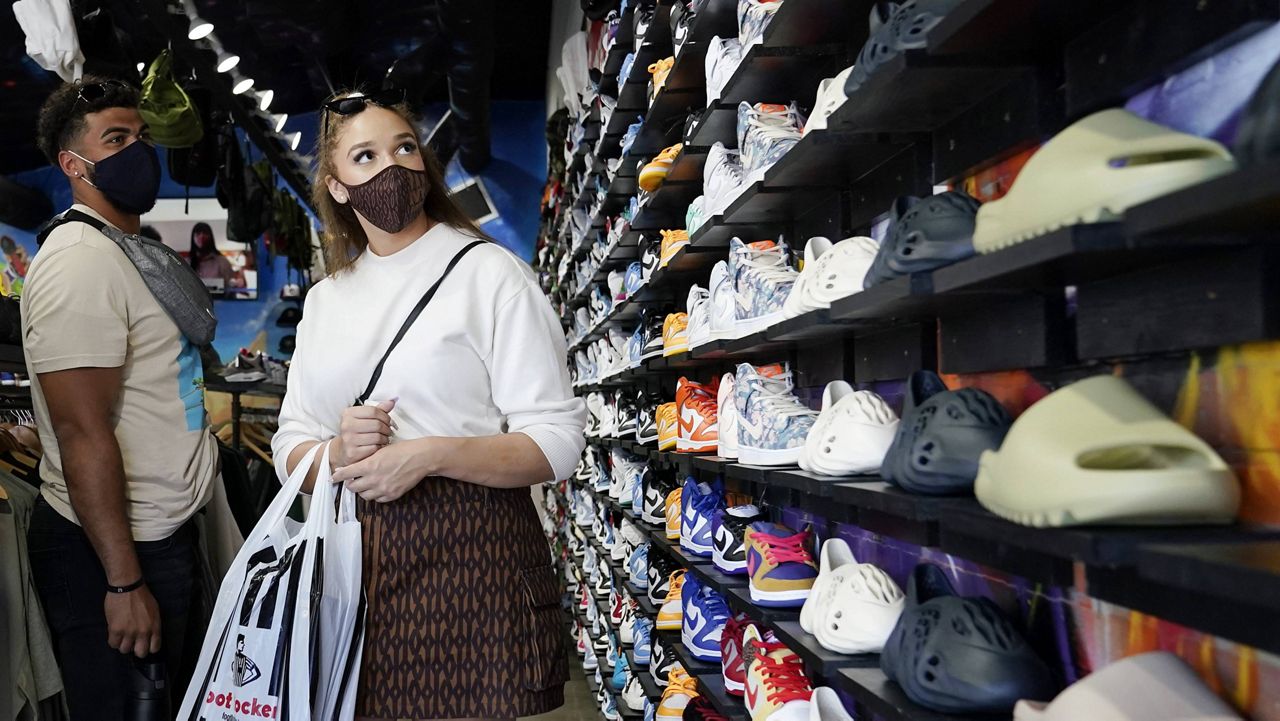SACRAMENTO, Calif. (AP) — California's public health agency is recommending that people wear masks indoors, regardless of vaccination status, as protection against the contagious delta variant.
What You Need To Know
- The federal recommendation is a shift from May, when the CDC announced that fully vaccinated people could skip masking in most indoor spaces
- California officials said more than 90% of the state's nearly 40 million residents live in areas where community spread is now high or substantial.
- More than 62% of residents 12 and older are fully vaccinated in California
- Gov. Gavin Newsom announced that roughly 2.4 million state and health care employees must show proof of vaccination or face weekly testing
Wednesday's announcement follows an about-face by the U.S. Centers for Disease Control and Prevention, which recommended Tuesday that fully vaccinated people mask up in public indoor settings in areas where transmission is high or substantial.
The federal recommendation is a shift from May, when the CDC announced that fully vaccinated people could skip masking in most indoor spaces.
California officials said more than 90% of the state's nearly 40 million residents live in areas where community spread is now high or substantial.
“The delta variant has caused a sharp increase in hospitalizations and case rates across the state. We are recommending masking in indoor public places to slow the spread while we continue efforts to get more Californians vaccinated,” said Dr. Tomás J. Aragón, the state's public health officer.
Although case numbers remain well below the winter peak, infections and hospitalizations are rising and health officials fear that not enough people are vaccinated against a more contagious variant. More than 62% of residents 12 and older are fully vaccinated in California.
On Monday, Gov. Gavin Newsom announced that roughly 2.4 million state and health care employees must show proof of vaccination or face weekly testing. That includes nearly 250,000 state workers and an estimated 2.2 million people who work in private or public health care and long-term care facilities.



